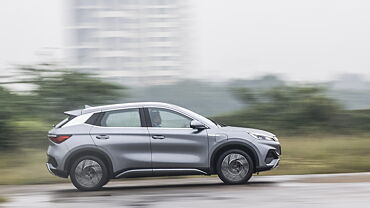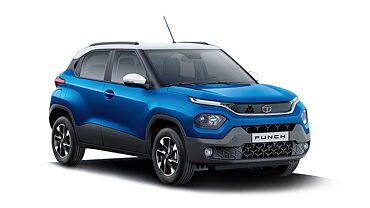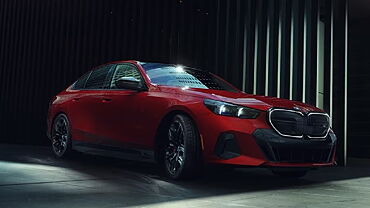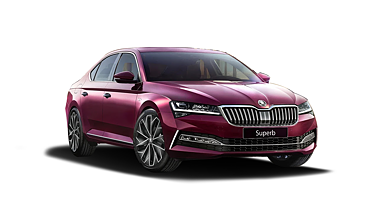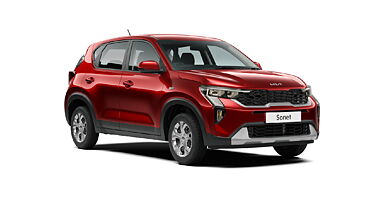With the world moving away from conventional fuels in favour of alternate fuel options, more and more buyers of new cars are starting to warm up to a non-internal combustion engine under the hood. Thus far, we’ve seen bi-fuel cars that use CNG/LPG as an alternative fuel, petrol-electrics that use an electric motor alongside a conventional petrol one & a fully-electric, battery based power pack.
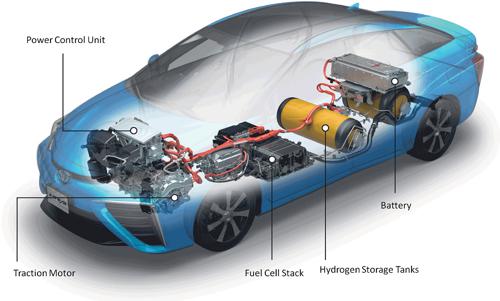
There is one more alternative in the mix however, and that’s the fuel-cell vehicles. FCV’s as they’re called, these use Hydrogen as their propulsion agent that is combined chemically with oxygen to power an electric motor which in turn is hooked to the drive wheels.
Key fuel-cell vehicle benefits include:
-
Hydrogen powered FCV’s emit only heat & water as a by-product of their power generation process. Consequently, there are zero Green House Gases being emitted from the tail-pipe, unlike those from their petrol & diesel powered counterparts.
-
Hydrogen is readily available in the atmosphere & can easily be harnessed from multiple other power sources. Thus, a shift to FCV’s would break the iron grip that oil producing companies have on the rest of the world.
- Moreover, hydrogen powered fuel cell vehicle benefits also continue to accrue when the said hydrogen is generated through conventional power sources. Unlike fossil fuels whose harmful effects, both, in the short term as well long term have been well documented.
On the other hand, switching over completely to fuel cell vehicles isn’t quite fool-proof just yet. Chief among the problem areas include:
-
The lack of adequate infrastructure, for starters, is a huge stumbling block for fuel cell technology becoming mainstream in new cars.
-
The production cost of FCV’s too is a major factor, thanks to the advanced technology being used & the safety fail-safes that have to be built into the systems.
-
The distribution network too is in its infancy stage & it will continue to remain so, until changes occur at the policy level.
- When compared to the fuel alternatives available, FCV’s are currently some time away from their projected lifecycle estimates. Until this changes, and eventually surpasses the others, people are going to remain reluctant to make the switch.
Mainstream acceptability and viability of FCV’s is still some years away, until the situation changes drastically. Unlike suspected earlier, conventional fossil fuels too are here to stay for longer. Which gives us time to develop and test all available options in a more thorough manner. This should only hold good for us in the decades to come.








